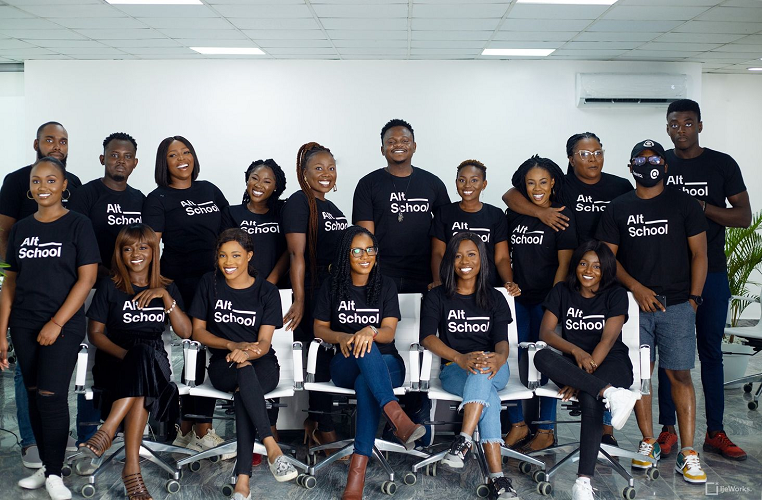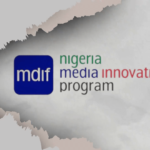By Destiny Uko
The world today is driven by tech, and the ability to understand and gain mastery of digital tools has become a basic prerequisite for staying afloat. Sadly, a good number of underserved youths in Nigeria are left behind on this train, but the rise of tech boot camps and skill-based programs are bridging the gap.
Beyond just coding classes, these bootcamps are gateways to digital careers for young people who were formerly excluded.
One such tech-based bootcamp is AltSchoolAfrica. It offers remote tech education across software engineering, product design, and data fields, with strong mentorship and internship opportunities, allowing learners to easily transition directly into employment or freelance work.
More importantly, AltSchool provides scholarships that allow youths who cannot afford fees to gain access without financial constraint.
Similarly, Utiva has gained prominence in digital education. Through programs like Tech for Teens and Tech for Women, Utiva offers cost-friendly or free tech education that promotes soft skills and job readiness modules.
They don’t only operate virtually; there are also offline workshops that make learning more tangible and applicable. In this way, underserved learners can participate even in areas with limited internet access. Utiva also bridges the gap between learning and earning by providing career placement support and possible employment.
Another outstanding boot camp is Ingressive for Good (I4G), a nonprofit empowering African youth with 100% free courses in software development, design, and data. Backed by Ingressive Capital, I4G focuses on helping young Africans acquire digital skills that are in global demand.
They partner with other platforms like Coursera, HNG Internship, and Zuri to deliver world-class learning experiences. Thousands of students have benefited from this platform, many of whom have bagged remote jobs, internships, or freelance gigs or created jobs after graduation.
Zuri Training is yet another noteworthy platform that offers free coding and design bootcamps targeted at linking trained students with internships through its partnership with the HNG Internship.
Zuri is applauded for its accessibility and beginner-friendly provisions that don’t require prior tech experience. It is best for young people who are just starting out and seek an enabling, low-pressure environment to learn in.
In northern Nigeria, Decagon is doing something to change the narrative. While not entirely free, it operates a “learn-now-pay-later” model that enables selected students to receive training and accommodation and only begin repayments once they secure high-paying tech jobs.
This model opens doors for youths who can’t afford tuition fees at the initial stage but have the potential to succeed in tech.
To hasten positive results, public-private partnerships must be encouraged and enforced. Telecoms can subsidise data for learners enrolled in bootcamps if possible.
Government bodies and local communities can support these efforts by setting up digital learning centers for learners to access free Wi-Fi and shared laptops.
Offline tech education solutions should also be explored, particularly for remote regions with limited internet access.
Bootcamp contents should be actively included in junior and senior secondary curricula. Schools should prioritise computer- and tech-based projects and activities, especially as Nigeria looks to become more digitally fortified. Digital literacy must be treated as fundamental, just like reading and writing.
These bootcamps both train and build futures. They work because they focus on employable skills, use relatable teaching methods, offer scholarships and open doors for employment. With more effort, especially from the government, schools and communities, digital illiteracy can be wiped out completely, one youth at a time.
Tech bootcamps in Nigeria are transforming access to digital education for underserved youth, offering pathways to careers in software engineering, product design, and data fields. Programs like AltSchoolAfrica provide remote education with mentorship and internships, bolstered by scholarships for those unable to pay fees. Utiva's initiatives like Tech for Teens and Tech for Women further promote job readiness through affordable or free tech education and offline workshops, providing vital career placement support.
Ingressive for Good (I4G) empowers African youth with entirely free courses, collaborating with platforms like Coursera and Zuri to offer globally demanded skills. Zuri Training offers beginners coding and design bootcamps and connects students with internships. In northern Nigeria, Decagon uses a "learn-now-pay-later" model, training students who repay once employed in well-paying tech roles, thereby opening opportunities for those initially unable to afford tuition.
To maximize impact, public-private partnerships should provide subsidized internet access, and government bodies should support by establishing digital centers with Wi-Fi and shared resources. Integrating bootcamp content into school curricula and promoting tech-based projects is crucial. The collective aim is to treat digital literacy as fundamental, eradicating digital illiteracy, and preparing the youth for tech-driven futures.






